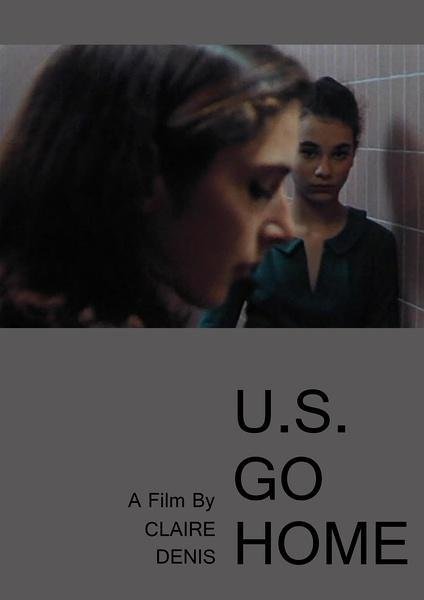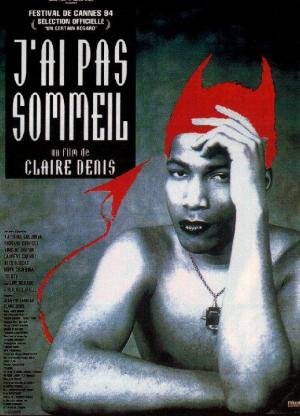Youthful exuberance without the need for overstating the point. In America, it seems like cinema of the youth (the "coming-of-age" movie) feels the need to push it's characters into vulgarity for the sake of assuming some sort of adult-ness. It's certainly not untrue that children, especially teens, adopt or latch onto certain aspects of being an adult in order to assume an older quality to themselves - cursing, drinking, smoking, etc. But's it's always a put on. There's very little in the way of authenticity to these works. The assumption of these adult qualities feels less in tune with character/teen (desirable) identities and more in an attempt to appeal to as broad a base of the movie going public. To sound adult is to grasp at the teen-mid 20s demographic, thus reducing any actual personalities down into caricatures. Denis' presentation bares no such falseness.
A teenager's desire for party, for sex, for drink - really attention seeking at its most base for, has been stereotyped into oblivion at this point. Denis' focus is less about the party as an end goal, a point of resolution or clarity for the film's characters, and more the party as a single moment in a long line of others. There will be other parties after this one. Its significance is not in its pivotalness but its linkage to what ultimately is more important. Significance is not necessarily the big moments that we think will linger in the moment of occurrence, but those that upon reflection may seem utterly insignificant at the time.
Much has been, and will continue to be, made of how Denis utilizes dance sequences in her films. Moments of emotional and physical release. Unshackled from the confines their daily lives that bind them into states of recession, she allows freedom to be basked in bursts of energetic frisson. But when the fun is over the melancholy returns.






















